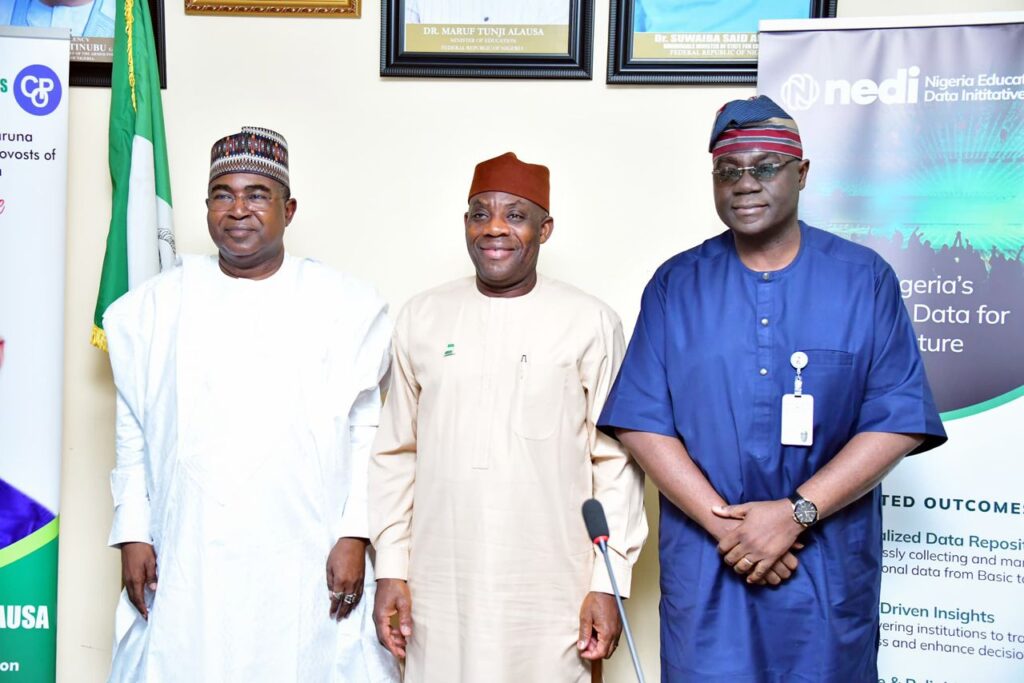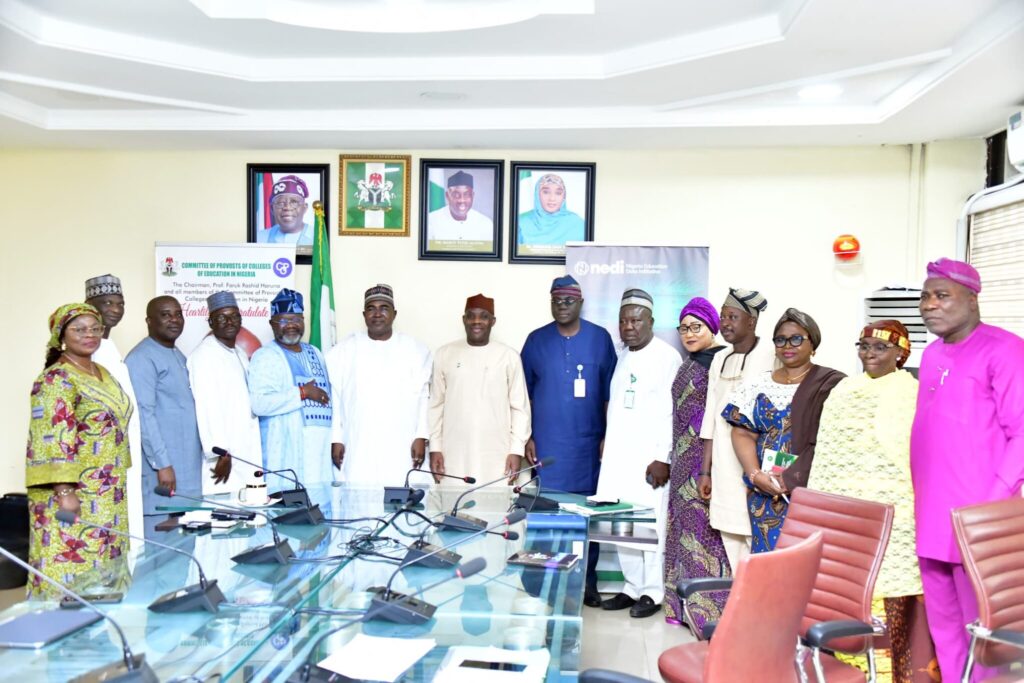The Federal Government of Nigeria has unveiled a sweeping initiative aimed at curbing the rising tide of substance abuse among the nation’s youth.
In a landmark collaboration between the Ministry of Education and the National Drug Law Enforcement Agency (NDLEA), authorities have announced the introduction of mandatory drug testing for students in tertiary institutions, alongside a comprehensive overhaul of the school curriculum to include structured drug education.

The policy was formalized during a high-level meeting in Abuja between NDLEA Chairman Brigadier General Buba Marwa (Rtd) and Education Minister Dr. Maruf Olatunji Alausa. Both officials emphasized the urgency of addressing drug abuse, which they described as a threat to national development and youth empowerment.
Marwa, speaking on the gravity of the issue, declared that the fight against illicit drugs is “a fight for the souls of the Nigerian youth,” warning that unchecked substance abuse could erode the moral and intellectual fabric of future generations.
 Under the new framework, university students will be subjected to drug integrity tests upon admission, after vacations, and at random intervals throughout the academic year. Rather than punitive measures, students who test positive will be offered counseling and rehabilitation services. The government insists that the goal is to foster a healthier academic environment and support students in making informed choices.
Under the new framework, university students will be subjected to drug integrity tests upon admission, after vacations, and at random intervals throughout the academic year. Rather than punitive measures, students who test positive will be offered counseling and rehabilitation services. The government insists that the goal is to foster a healthier academic environment and support students in making informed choices.
In addition to drug testing, the secondary school curriculum will be revised to incorporate age-appropriate modules on drug awareness, addiction risks, and life skills to resist peer pressure.
Plans are also underway to extend drug education to primary schools. The initiative includes stand-alone prevention programs such as lectures, competitions, and parental engagement activities, designed to reinforce classroom learning and community involvement.
Minister Alausa praised the NDLEA’s efforts and affirmed the Ministry’s commitment to implementing the reforms. He announced the creation of a Substance Use Prevention Unit within the Ministry to coordinate policy design and execution.

The Minister also proposed the formation of an inter-ministerial working group to monitor progress and ensure effective collaboration between education and health sectors.
The announcement has been met with widespread approval from education stakeholders, civil society groups, and parents, many of whom view the initiative as a timely intervention.
With substance abuse reportedly on the rise in both secondary and tertiary institutions, experts believe the government’s proactive approach could mark a turning point in Nigeria’s efforts to safeguard its youth.
